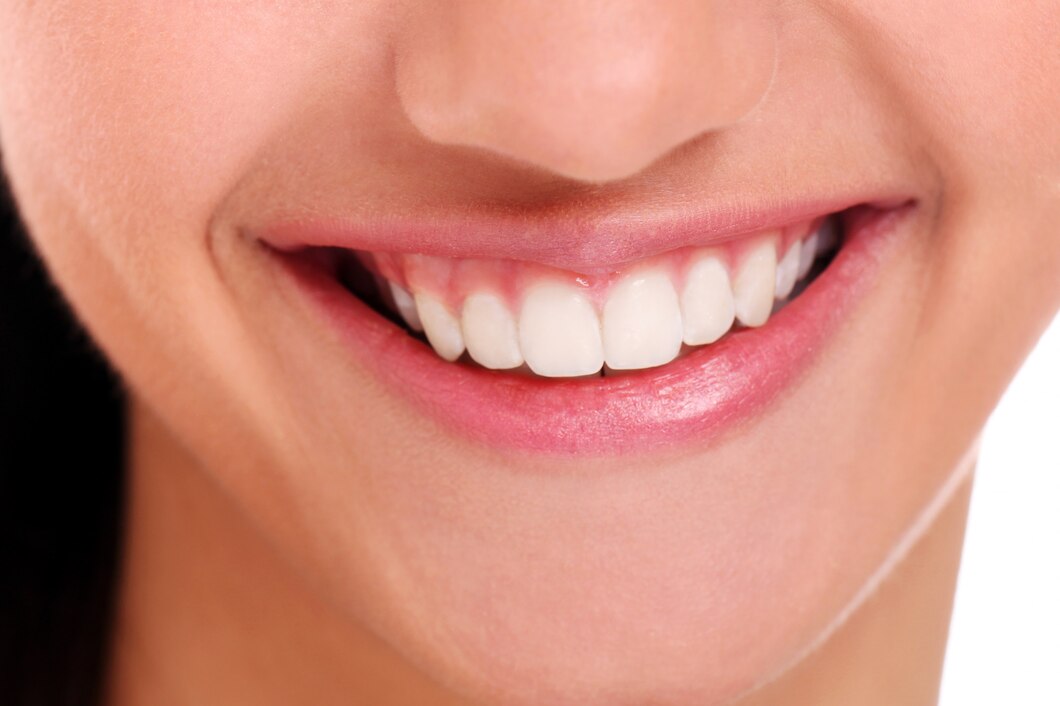Hormonal changes experienced by women throughout their lives can significantly impact overall health, including oral and dental health. Phases such as menstruation, pregnancy, menopause, and the use of hormonal contraceptives can influence gum and tooth conditions. Understanding the role of hormones in oral health can help women remain vigilant and take appropriate preventive measures.
During menstruation, some women may experience menstrual gingivitis, where gums become more sensitive, swollen, and prone to bleeding. This condition is caused by fluctuations in estrogen and progesterone levels, which affect blood flow to the gums and increase inflammation risks. Although typically temporary and subsiding after the menstrual cycle, maintaining good oral hygiene is essential to prevent the issue from escalating into more severe conditions.
Pregnancy is another phase where hormonal changes have a significant impact on oral health. Increased progesterone production during pregnancy can lead to pregnancy gingivitis, characterized by inflamed, swollen, and easily bleeding gums. If not properly managed, this condition can progress to periodontitis, a more severe gum disease that may affect both maternal and fetal health. Therefore, heightened attention to oral hygiene during pregnancy is crucial to avoid complications.
Women using hormonal contraceptives should also monitor their oral health closely. Birth control pills contain hormones that may affect gum tissues, potentially causing inflammation or increased sensitivity. While not all women experience these effects, those who do should regularly monitor their oral condition and visit the dentist for routine check-ups.
Hormonal changes during menopause also have a notable impact on dental and oral health. As estrogen levels drop, many menopausal women experience dry mouth or xerostomia, a condition that increases vulnerability to bacterial infections, tooth decay, and gum disease. Additionally, decreased estrogen levels can lead to bone resorption, heightening the risk of tooth loss. Staying hydrated and scheduling regular dental check-ups are vital to mitigating these negative effects.
By understanding the connection between hormonal changes and oral health, women can proactively maintain their dental well-being. Simple measures such as good oral hygiene, regular dental visits, and awareness of early signs of dental issues can help prevent complications. Although hormonal changes are inevitable, proper care can ensure that oral health is maintained throughout the various phases of a woman’s life.
The impact of hormonal changes on women’s oral health extends to overall health and well-being. Raising awareness and maintaining oral health during key hormonal phases—such as pregnancy, menstruation, and menopause—can prevent more severe health problems, supporting general wellness. This aligns with Sustainable Development Goal (SDG) 3: Good Health and Well-being, while also addressing gender equality in healthcare (SDG 5). Recognizing and addressing women’s unique health needs ensures equitable and appropriate healthcare for all.
Author : Rizky B. Hendrawan | Photo : Freepik

